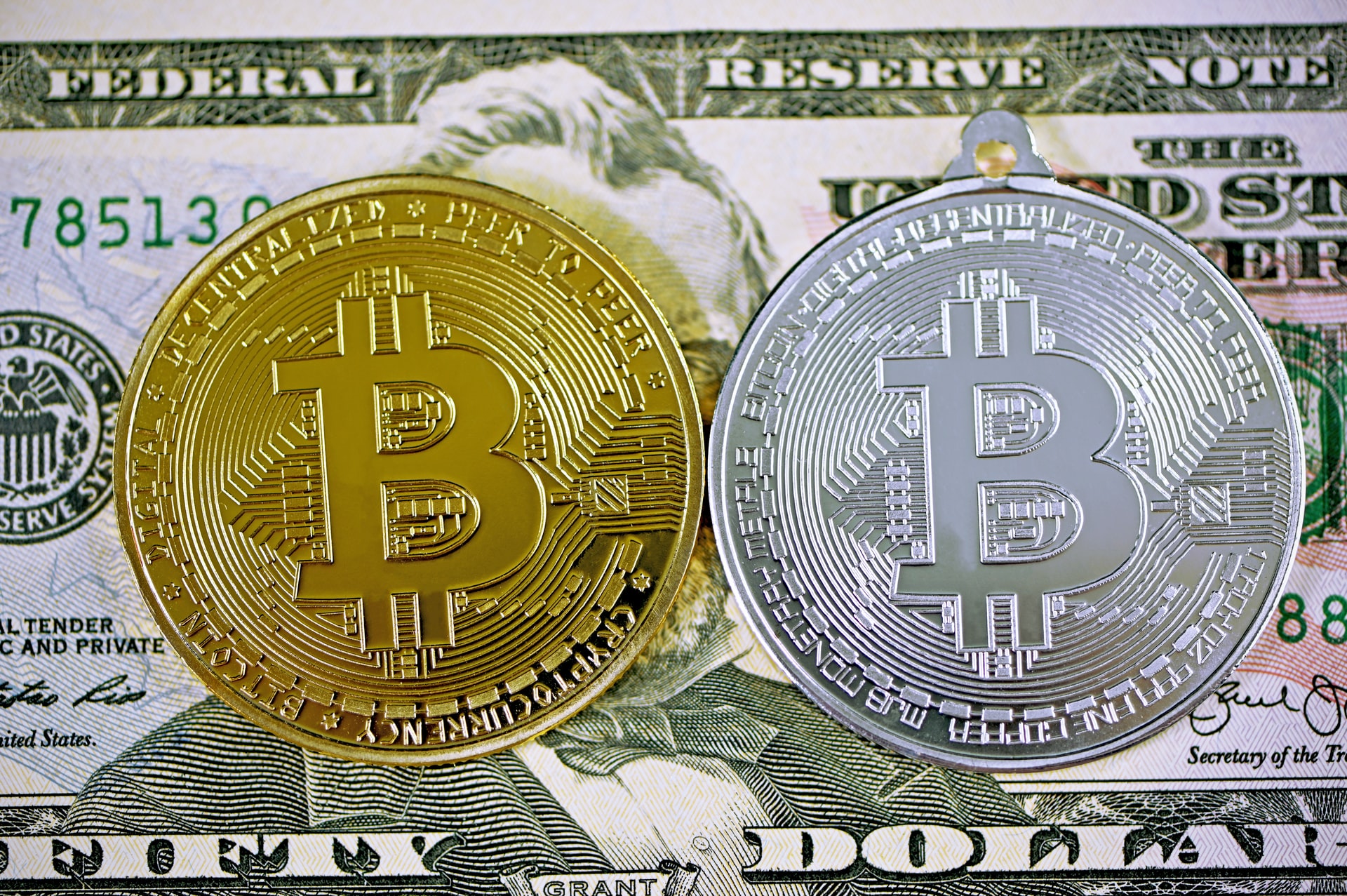Investors have piled into Bitcoin since its 2009 debut, and some of them are sitting on substantial capital gains. Cashing out on some or all of a Bitcoin position lowers risk and lets an investor realize gains. However, this decision also triggers capital gains taxes. Some investors will owe thousands of dollars in capital gains taxes by selling their Bitcoin.
It’s natural for investors to seek workarounds to reduce the crypto tax burden. People get taxed for various financial transactions and paychecks throughout their lives, and a bit of relief could go a long way. Bitcoin investors can find solace with several legal tax loopholes that let you cash out on Bitcoin without paying crypto taxes.
Overview of Cryptocurrency Rules and Tax Regulation in the U.S.
Cryptocurrencies have the same basic taxing rules as other assets. When you sell virtual currency, you incur capital gains or losses depending on when you bought and sold. If you have net losses across your investments, you can get a tax deduction. However, investors with capital gains will have to pay a percentage of their proceeds to the IRS.
Your income, marriage status, and how long you held the investment impact how much you have to pay in taxes. Making more money will push you into higher income tax brackets, and filing single can raise your capital gains taxes if you earn over $434,550 per year. On the other hand, if you held onto your Bitcoin for over a year, you would save on capital gains taxes.
Do You Have to Pay Taxes on Crypto
If you do not use tax protection strategies, you will have to pay taxes on crypto. It’s considered an investment subject to the same rules as any other asset. You’ll have to pay taxes on capital gains if you report a profit across your assets. You can offset crypto profits by selling stocks, real estate, and other assets at losses.
Understanding Taxes and Cryptocurrency
Investors have many questions about taxes. Of course, they want to buy assets without worrying about taxes, but not acknowledging this extra expense can cause you to overestimate profits. Knowing how taxes affect your crypto payment will help you make smarter financial decisions and stash money for tax day.
Purchasing Cryptocurrency
You do not pay taxes when you purchase digital currencies. Some people buy and hold assets for decades to defer tax payments. If you give your assets to an heir, they get the stepped-up cost basis. This step-up eliminates the capital gains on your investments. For example, if your Bitcoin appreciates by $100,000 and you pass it onto your heirs, they won’t owe taxes on that $100,000 capital gain if they sell.
Mining Cryptocurrency
The IRS views mined crypto as ordinary income. Any crypto you earn from mining gets taxed at the ordinary income rate. Miners must pay taxes based on a crypto’s fair market value upon mining the coin. If you mine three Bitcoins at $20,000 each, you have to report it as $60,000 in ordinary income. If Bitcoin falls to $10,000 or rises to $30,000 while you hold onto the position, you still have to report $20,000 per coin in ordinary income. Crypto from a mining operation can push you to a higher tax bracket and impact your tax percentage on the income you made outside of crypto mining.
Trading/Exchanging Cryptocurrency
Trading and exchanging assets on a cryptocurrency exchange leads to short-term capital gains. Capital gains are short-term if you held onto the asset for less than a year before selling. These gains get taxed as ordinary income, which can raise you to a higher tax bracket. You get taxed on your net gain or loss at the end of the year instead of per trade. A net loss becomes tax-deductible, while a net gain will increase your taxes.
Cashing Out Cryptocurrency
Long-term investors who cash out on cryptocurrency often get taxed at the long-term capital gains rate. However, if you held onto crypto for over a year before selling, you would pay less or no taxes depending on your income level and filing status.
You will pay no taxes on your crypto gain if you earn less than $78,750 in annual income. Anyone with income over $78,750 has to pay the following tax rate:
Tax rates for single filers:
- 15% capital gains tax rate for income between $78,570 and $434,550
- 20% capital gains tax rate for income over $434,550
Tax rates for married and filing jointly (or qualifying widows)
- 15% capital gains tax rate for income between $78,570 and $488,850
- 20% capital gains tax rate for income over $488,850
Tax rates for married and filing separately
- 15% capital gains tax rate for income between $78,570 and $244,425
- 20% capital gains tax rate for income over $244,425
Can You Cash Out Bitcoins Tax-free in the U.S.?
Some people can cash out Bitcoins tax-free in the U.S. Investors who do not exceed a $78,570 income can cash out at a 0% capital gains tax rate. You can also avoid taxes by investing Bitcoin in strategic investment accounts or modifying your citizenship.
How to Avoid Taxes When Cashing Out Bitcoins
Every investor wants to minimize or eliminate their tax bill. Luckily, investors have several ways to legally avoid taxes when cashing out Bitcoins.
Buy Bitcoin in Your Life Insurance Policy
Consumers take out life insurance policies to provide their heirs with financial stability after they pass away. A life insurance policy can help your children or partner financially navigate the world without you. The beneficiary can immediately receive the benefit and avoid taxes. In addition, your beneficiaries can avoid paying taxes on the Bitcoin you accumulated in your life insurance policy.
Buy Bitcoin in Your IRA
Individual retirement accounts shield investors from taxes. You can use pretax or aftertax dollars to fund your IRA account. Using pretax dollars for a traditional retirement account or similar resource saves money on your current tax bill. Using aftertax money for a ROTH retirement account or similar resource lets you avoid capital gains taxes on your Bitcoin.
Buy Bitcoin as a Puerto Rico Resident
Puerto Rico is a U.S. territory with different tax treatments from the rest of the country. IRC Section 933 protects Puerto Ricans from paying federal taxes. This ruling lets qualifying Puerto Ricans avoid capital gains taxes on short-term and long-term capital gains. You will have to live in Puerto Rico for 183 days per year and buy a home in Puerto Rico within two years of moving to the territory to qualify for this tax advantage. The benefits extend to stocks, real estate, and other assets.
Give Up Your U.S. Citizenship
Giving up your U.S. citizenship is a dramatic way to avoid taxes, but some investors have large enough capital gains to consider this course of action. The IRS can’t touch your capital gains or income if you are an expatriate. You’ll need a passport from another country and funds for an exit tax before making it official. You can buy a passport or earn it by residing in a foreign country. Buying a passport is expensive and can cost well over $50,000. At that point, it may be better to pay the capital gains.






